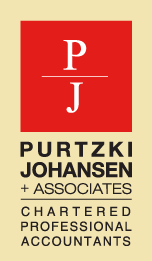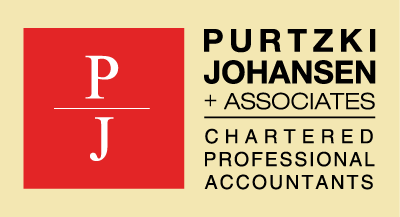
Owner-operated businesses including professional practices will soon be able to apply for the Canada Emergency Business Account (“CEBA”). The program will now be available to a greater number of businesses that are sole proprietors receiving income directly from their businesses, businesses that rely on contractors and family-owned corporations that pay employees through dividends rather than payroll.
To qualify under the expanded eligibility criteria, applicants with payroll lower than $20,000 would need:
- a business operating account at a participating financial institution
- a Canada Revenue Agency business number, and to have filed a 2018 or 2019 tax return.
- eligible non-deferrable expenses between $40,000 and $1.5 million. Eligible non-deferrable expenses could include costs such as rent, property taxes, utilities, and insurance.
Expenses will be subject to verification and audit by the Government of Canada. It is therefore important that the funds are being used for allowable non-deferrable expenses including, without limitation, payroll, rent, utilities, insurance, property tax and regularly scheduled debt service, and may not be used to fund any payments or expenses such as prepayment/refinancing of existing indebtedness, payments of dividends, distributions and increases in management compensation.
The government is also considering potential solutions to businesses operating through personal bank accounts as opposed to a business account or those that have not filed a tax return such as newly created businesses.
Applications under the expanded criteria have yet to be released so stay tuned for details from your financial institution about how to apply.
The Canadian Federation of Independent Business (CFIB) supports the proposed changes, emphasizing in a statement that “with many provinces now looking towards reopening their economies, small businesses will need ongoing support to get through the months ahead.”
It called on the government to increase the loan amount under CEBA, and increase the forgivable portion. Presently, 25% of the loan is forgivable if the loan is repaid on or before December 31, 2022.



